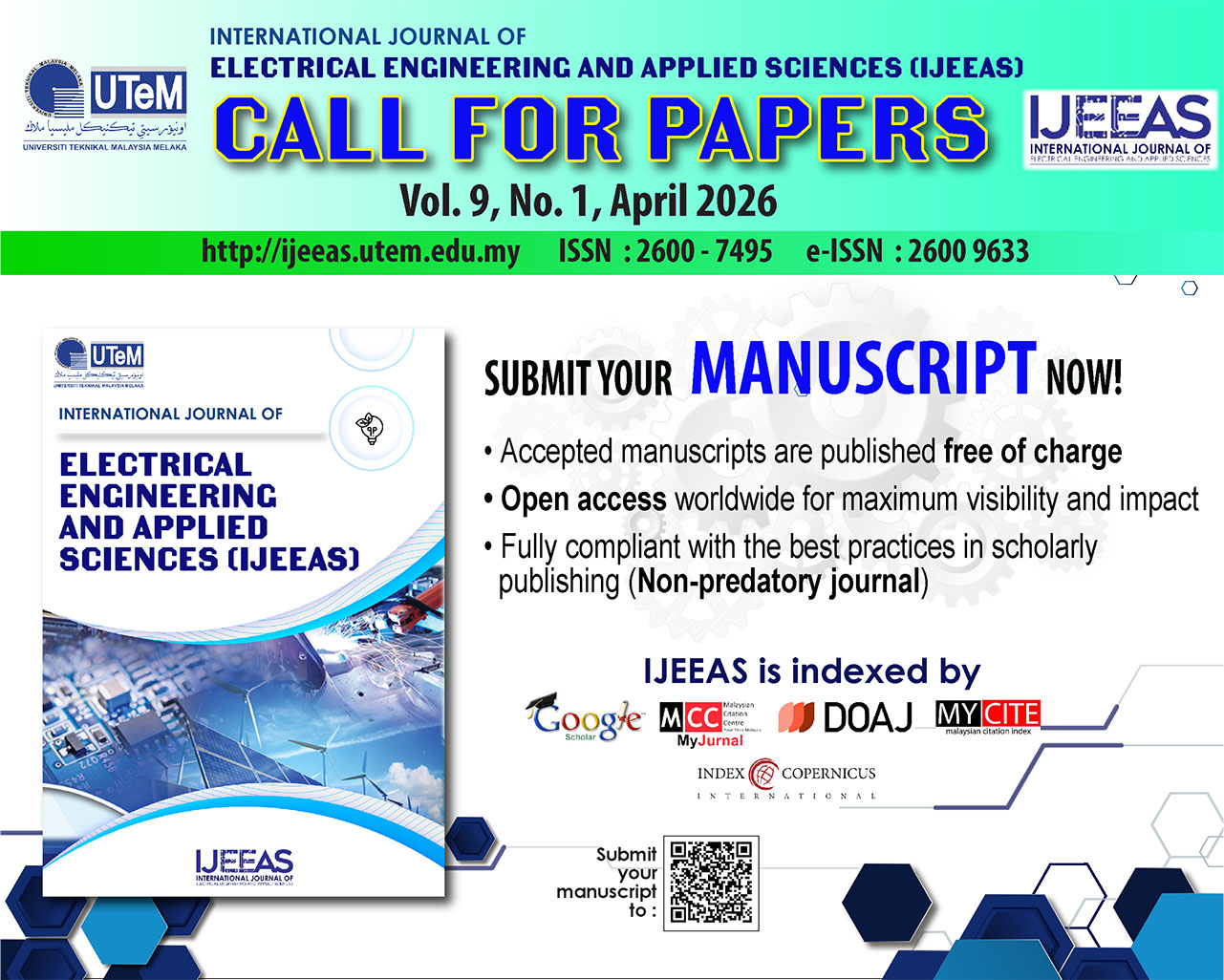Enhancing Energy Efficiency in Power Systems: Particle Swarm Optimization for Minimizing Power Losses in the IEEE 14-Bus System
Enhancing Energy Efficiency in Power Systems: Particle Swarm Optimization for Minimizing Power Losses in the IEEE 14-Bus System
DOI:
https://doi.org/10.54554/ijeeas.2025.8.01.005Abstract
The Particle Swarm Optimization (PSO) algorithm, renowned for its expeditious attainment of optimal solutions, demonstrates exceptional efficacy when utilized in the context of the IEEE 14-bus system. Importantly, the algorithm's remarkable effectiveness in the reduction of power losses is clearly evidenced by its rapid convergence within a restricted number of iterations. This serves to underscore its capacity to significantly augment energy efficiency within power systems. The findings accentuate PSO's invaluable status as a versatile optimization tool with multifaceted applications, even in the intricate scenarios encountered within power systems. The ability of PSO to adeptly navigate complex problem spaces situates it as a potent instrument for addressing challenges pertaining to energy loss, thereby showcasing its adaptability and usefulness across a diverse range of contexts within the domain of power system optimization. The demonstrated triumph of PSO within the IEEE 14-bus system underscores its importance as a pragmatic and efficient solution for optimizing power system performance and minimizing energy dissipation.
Downloads
Downloads
Published
How to Cite
Issue
Section
License
Authors who publish with this journal agree to the following terms:
- Authors retain copyright and grant the journal right of first publication with the work simultaneously licensed under a Creative Commons Attribution License that allows others to share the work with an acknowledgement of the work's authorship and initial publication in this journal.
- Authors are able to enter into separate, additional contractual arrangements for the non-exclusive distribution of the journal's published version of the work (e.g., post it to an institutional repository or publish it in a book), with an acknowledgement of its initial publication in this journal.
- Authors are permitted and encouraged to post their work online (e.g., in institutional repositories or on their website) prior to and during the submission process, as it can lead to productive exchanges, as well as earlier and greater citation of published work (See The Effect of Open Access).







